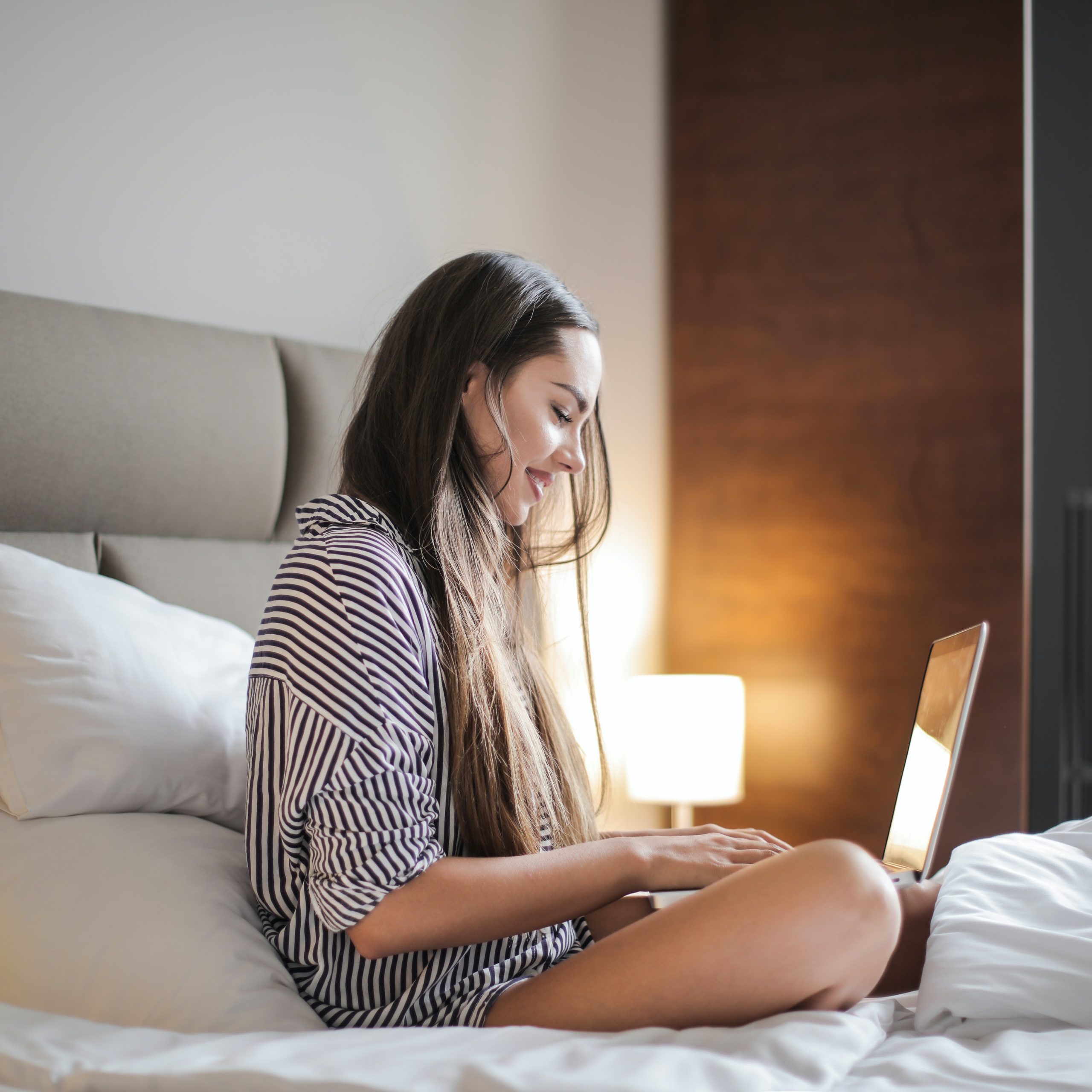Separating work from life has been particularly hard for many of us this last year as the pandemic rages on and work-life balance has suddenly been thrown out of whack. When ‘the new normal’ was in its early conception, many people assumed that things would return to ‘the old normal’ in a couple of months. The isolation’s long-term effects on physical health, mental health, wellbeing, friendships, relationships weren’t really understood and still aren’t but one thing that quickly came abundantly clear was the absence of the daily commute.
The dreaded daily commute was quickly turned into a thing of the past. Commutes that once lasted two hours are now two minutes, and at first, this seemed glorious until the days started melting into one another and working from home lost its appeal. Starbucks runs turned into instant-coffee-in-the-kitchen runs, lunches with pals turned into microwave dinners and watercooler gossip all but fizzled out. Now, more people are embracing the act of ‘fake commuting’ to chunk their day and separate work from life. This trend has taken off and many people are incorporating faux commuting into their daily routine.

What exactly is ‘fake commuting’ and is it as strange as it sounds? Basically, it is carving out the time that was spent on the train, bus, car, bike or however you traditionally got to work and substituting it for a bit of personal time before the start of the workday. So, taking the time that was once used to get from point A to point B to go for a walk, listen to a podcast, meditate or look out the window. A ‘fake commute’ can be increasingly beneficial; research has shown that people are either working longer hours or sleeping more in replacement of a commute. While sleep might be a healthy way to use this time, extra work time is not leading to more productivity or a better quality of life.

While it seems odd, people around the world are embracing the fake commute for many reasons, including reduced feelings of anxiety, stress and longing for connectedness. Research on the topic is new; David Zweig, professor at the University of Toronto’s school of management, told the Canadian CBC, “The walls between work and non-work have completely disappeared for us. So now we have to find ways, either psychologically or otherwise, to try to build up those walls again. We don’t have a way to psychologically separate or recover from the demands at work. In the morning, we don’t have time to think about how we are going to approach our day because we are already in the thick of it. And in the evening, when we’re done, we don’t have the time to switch off and think about something other than work.” Faking it until’ you make it now applies to commutes but differentiating the time between work and home is much easier than you think. Taking the time for yourself before and after work is not selfish but self-care and your mind, body and soul will thank you for it.




